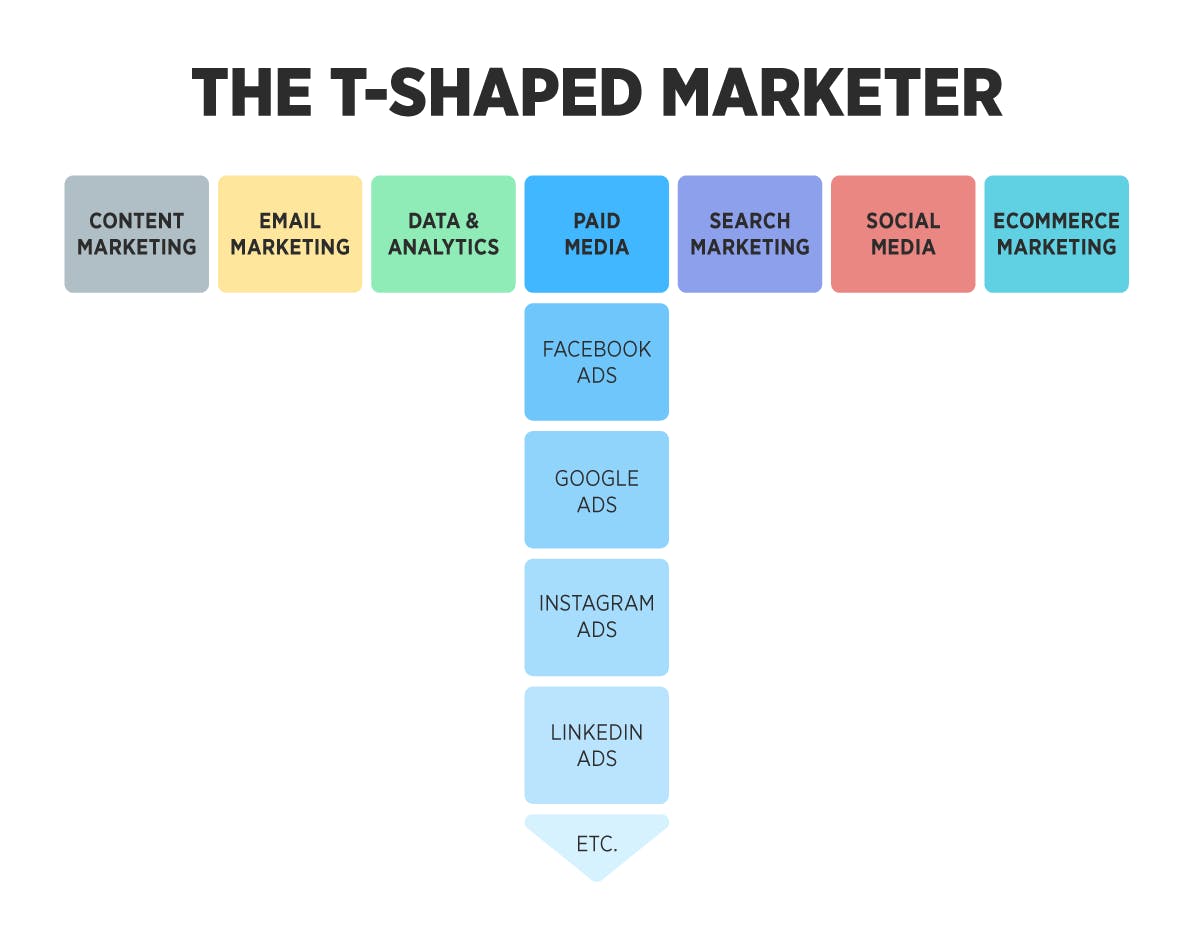How eCommerce leaders are building winning in-house teams
The economy hasn’t exactly been making the life of an MD or business director easy of late. With so much uncertainty swirling around, many brands and retailers have had to make difficult decisions regarding their in-house team sizes and the scope of their external agency partnerships.
This was one of the many, many questions circling at our last Ecom Leaders roundtable in October, hosted in collaboration with talent specialists Cranberry Panda. With reduced team sizes lots of retailers are having to make quick changes on the hoof, including:
“Redrawing your team’s responsibilities based on skill-sets rather than channels. For example, if somebody in your team is good at writing for the customer, get them to do that for all channels (email newsletters, paid ad copy, PLPs, social media).”
“Process mapping! It might be the least sexy thing you’ll hear today but it might help ensure your team is focused on the important tasks and projects, instead of simply the most urgent.”
“Being transparent with your agency partners about the reduction in time you have to work with them, to see if there’s any efficiencies that could be made in communication, reporting or general requests which chew up your teams’ time.”
As coffee cups were refilled and discussion deepened, it was clear that while it’s a necessity to make short term cuts that allow your FD to rest easier at night, smart business leaders are balancing the reactive with the proactive, determinedly thinking long term about what their ideal digital team looks like in 2023.
Below we pick apart how these questions were answered, with insights from retailers ranging from Victoria Beckham to Bluebella, New Era to Daisy London, giving you inspiration for your own team building as we look ahead to next year.
The rise of the channel specialist
These days to succeed in digital marketing or eCommerce you really need to know your stuff. Competition is fierce for ad space, good creative has gone far beyond static eCom product shots and once peripheral channels, such as TikTok or Affiliate marketing, are now key for a successful digital strategy.
With the rise in complexity and competition, marketers themselves need greater levels of knowledge than ever before. This has forced many retailers to hire experienced specialists to lead their key channels, often being Paid Marketing, SEO or increasingly CRM & Email.
This decision should be based on:
- The importance or opportunity of the channel for your brand (i.e. does it account for over 30% of your revenue).
- The complexity required. For example, if you’re managing thousands of product SKUs, somebody with proven experience at managing large product feeds would be a big benefit.
- The channel spend or investment. Typically there’s a bell curve here with channel specialists required in house when media spend reaches a certain threshold to make it viable, but only until the point where spend is perhaps large enough to require a more experienced agency team.
While channel specialists have a role to play, many in-house brands are realising that there are pros and cons here. This is where the concept of T shaped marketers comes in.
Introducing “T shaped” marketers
We’ve all seen those marketing teams that are packed with smart individuals who dutifully crack on with their own work. They typically stay in their own lane, often with great results, without the faintest idea what their colleagues are doing across the room.
This lack of joined-up thinking can lead to a double-up of work, infighting as to which channel is driving performance or frosty exchanges over Teams.
Marketers who balance a strong knowledge of one channel with a good grasp of 3-5 other channels can help you bridge that divide and get your team singing from the same hymn sheet.

Whether you refer to them as rockstar recruits, gold dust hires or unobtainable unicorns, the extra expense is likely worth the additional investment. T shaped marketers have the ability to break boundaries between your channel specialists, as well as holding your agency partners to account. Down-the-line they are also perfect management material, as they have enough of a holistic understanding to work closely with executives and coordinators.
While this more senior hire will make a dent in your P&L, it's better viewed as CapEx, an investment in your teams' future potential. With that in mind, conversation turned to the next dilemma faced by senior business leaders... "how do you find and keep top talent?
How to hire and retain ‘unicorns’
Gone are the days where employers wielded all the power in the interview process, with brands and retailers finding it harder and harder to secure the top talent.
Here’s what our group of Ecom Leaders came up with:
The buzzword on everybody’s lips is “progression”, particularly for Gen Z hires
Recent grads have an insatiable appetite for feedback, recognition and like to know where they’re headed (to understand how to apply it in your team, check out Daniel Pinks’ theory on this!)
Knocking down walls between departments and hierarchies
This was meant quite literally for one attendee who decided to knock-down internal walls, but it could be as simple as using surveys and away days to better involve your team in business plans and initiatives.
Building a strong relationship
This needs to be right from the first interview and continue with regular 1:1s between managers and employees, and acting as a mentor as well as a manager. Rockstar recruits are ambitious and want to know the role is attractive and exciting!
Flexible working
While salary and job perks will always be high on the list, more and more candidates want to choose where and how they work. If you're a progressive company, let this shine through during the interview process.
Candidates need to see all of the above in action. With companies like Glassdoor putting a spotlight on businesses and social media platforms giving candidates a peek behind the curtain, candidates go for jobs where they can see all of the above in advance of applying.
With busy days ahead, the morning came to a close. But not before perhaps the most important takeaway of all. 90% of hiring managers are still recruiting based on a candidates skills, rather than their behaviours or values. Only by placing your brands’ DNA at the centre of your interview process do you make sure you attract the right type of hire who will thrive in your business.
Do you agree with the opinions above? If you’ve got anything else to share, why not join our next event? Enjoy insights from industry peers, lively debate and good coffee. Register your interest now.
